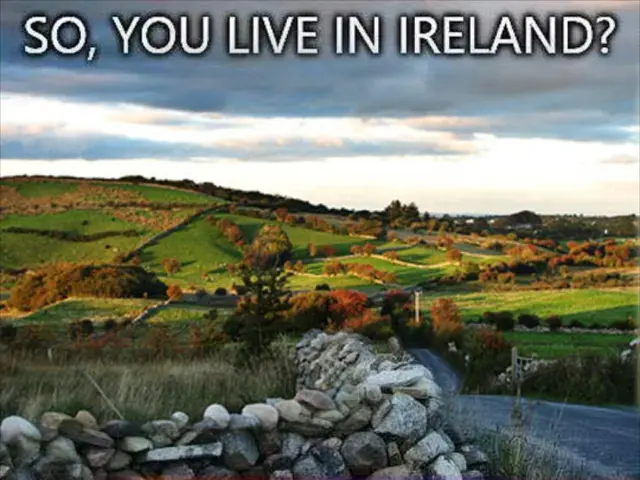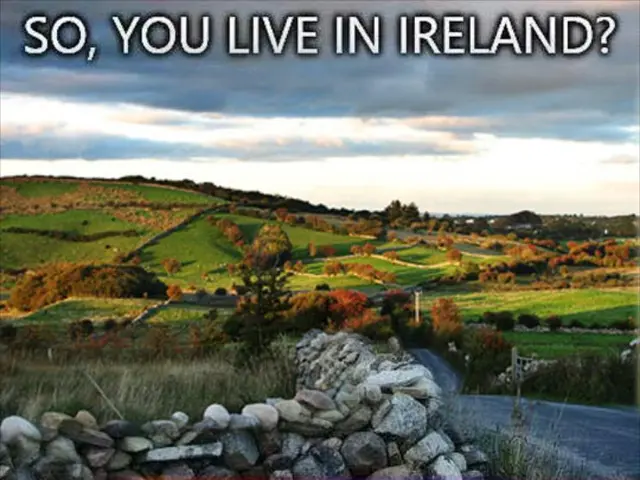Under the intense heat wave, Europe struggles for fresh air breathability
European Wildfires Rage On Amidst Record Heat Wave
The ongoing heat wave in Europe is causing a significant increase in wildfires across multiple countries, including Spain, Portugal, Italy, France, and the Balkans. This extreme heat, with temperatures exceeding 40°C (104°F) in parts of southern France and the Western Balkans, is fueling record wildfire outbreaks, leading to large burned areas, evacuations, and casualties.
In Spain and Portugal, major wildfire outbreaks have been reported since late June, with burned areas already well above normal for the season. Forty-one departments in France, including the Aude wine region, are under the highest heat alert (red alert), with about 12 departments placed under this warning. Italy and countries in the Balkans, such as southern Bulgaria, Montenegro, and surrounding regions, are also experiencing severe fires.
Authorities in affected countries have issued top-level heat and fire warnings to alert and prepare populations. Emergency services are conducting mass evacuations in vulnerable areas to protect lives amidst rapidly spreading fires. Firefighters are actively battling multiple fires, with casualties among their ranks, showing the intensity and danger of the situation.
The large Trancoso blaze in central Portugal, which began Saturday, is being fought by 700 firefighters with air support. By Tuesday morning, hundreds of the approximately 2,000 evacuees from Cádiz province in Spain were allowed to return home. However, three major wildfires remain active in Portugal.
In France, authorities have declared maximum alert in 14 departments in the southwest and center-east. The UK Environment Agency has declared water scarcity a "national concern," due to the first half of 2025 being the driest since 1976. Long-term drought conditions create ideal wildfire conditions, as stated by meteorologist Akshay Duras from the University of Reading.
Italy has issued the highest-level weather alert in 11 cities, including Rome, Milan, and Turin. A man died overnight in Tres Cantos, 25 kilometers north of Madrid, due to a wildfire that consumed over 1,000 hectares.
The heat wave, part of the third hottest summer on record in Europe in 2025, is linked to climate change causing the continent to heat faster than the global average, increasing heat wave frequency and the severity of fire seasons. Fire Weather Index forecasting is used to predict and prepare for periods of high fire risk, guiding prevention and response strategies.
These measures are critical in managing the unprecedented wildfire situation driven by the ongoing extreme heat affecting southern and southeastern Europe. Despite the efforts of emergency services and firefighters, the situation remains dangerous, with thousands of residents spending the night outside due to the wildfires, and many forced to evacuate.
- The extreme heat in Europe, linked to climate change, is not only causing record wildfire outbreaks but also influencing climate-change studies within the scope of environmental-science.
- As wildfires continue to threaten lives and properties across multiple European countries, the need for accurate weather-forecasting and fire-weather index predictive models becomes increasingly significant in order to effectively manage the current wildfire situation and future climate-change scenarios.








